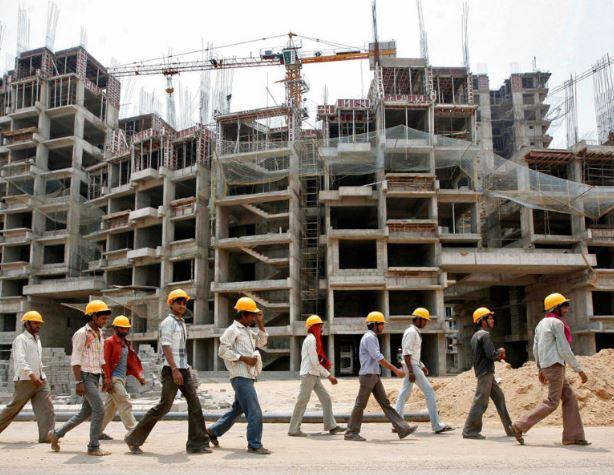According to related reports, Indian traders are now buying far fewer quantities of lumber, roundwood and furniture as the country's booming real estate economy is slowing down.
According to data from the Indian Ministry of Commerce and Industry, imports for the first quarter of 2024 were down 37% over the same period last year. Whilst more recent data from April and May (considered off-peak for construction) shows that declining imports continue.
India is now cutting back on lumber, signalling a potential false dawn for exporters eying the Indian market as a pivot from China.
India 's imports of lumber contract 37% in Jan - Mar 2024, and it’s not just lumber—used in framing, flooring, wall panelling, and window framing, with imports of timber furniture and log imports sinking…and fast!
In essence, traders are taking less timber during the busy construction months (September to March) than in the previous year, which is a massive reversal of the 137% increase between 2022 and 2023.
India—as one of the world’s top 10 importers of wood products—has been flagged as a major growth market producer of roundwood, lumber, and furniture, with the ITTO reporting that roundwood will grow 70%, from 57 million cubic metres in 2020 to 98 million cubic metres in 2030, fueled to a large degree by a surge in construction activity.
According to the Indian Centre for Science and Environment, the country’s 2022 demand for lumber was 63 million cubic metres – 30 million cubic metres for domestic production and 33 million cubic metres from imported sources.
Turning to Australia, New Zealand, Canada, the United States, Brazil, and even Uruguay, Indian importers have been aggressive in the market, dominating export orders.
India’s housing market is finally showing signs of fatigue
However, like all good things, India’s hunger for lumber has hit a roadblock – just as its booming real estate market, “its tiger economy” has slowed:
“After steady growth in home sales in India’s top seven markets for over three years, sales of new homes declined for the first time in the April-June quarter,” according to an article in India’s Business Today last week.
According to data from Anarock Property Research, sales in the June quarter fell by 8%—120,340 housing units were sold last quarter, compared to 130,170 in the previous quarter.
Among the key markets, Hyderabad reported the steepest decline – down 23% quarter-on-quarter; this is followed by Kolkata (-18%), Chennai (-9%), Bengaluru (-8%) and Pune (-8%). In the Mumbai Metro Region, the largest real estate market in the country, sales declined 3%.


